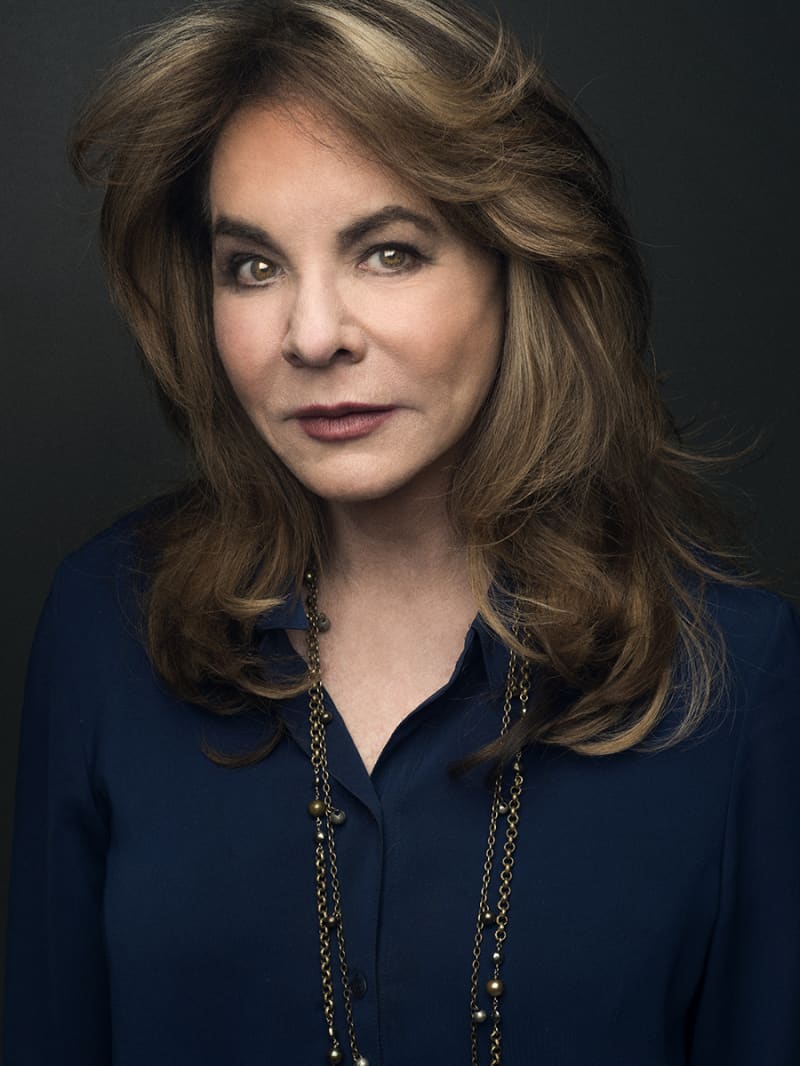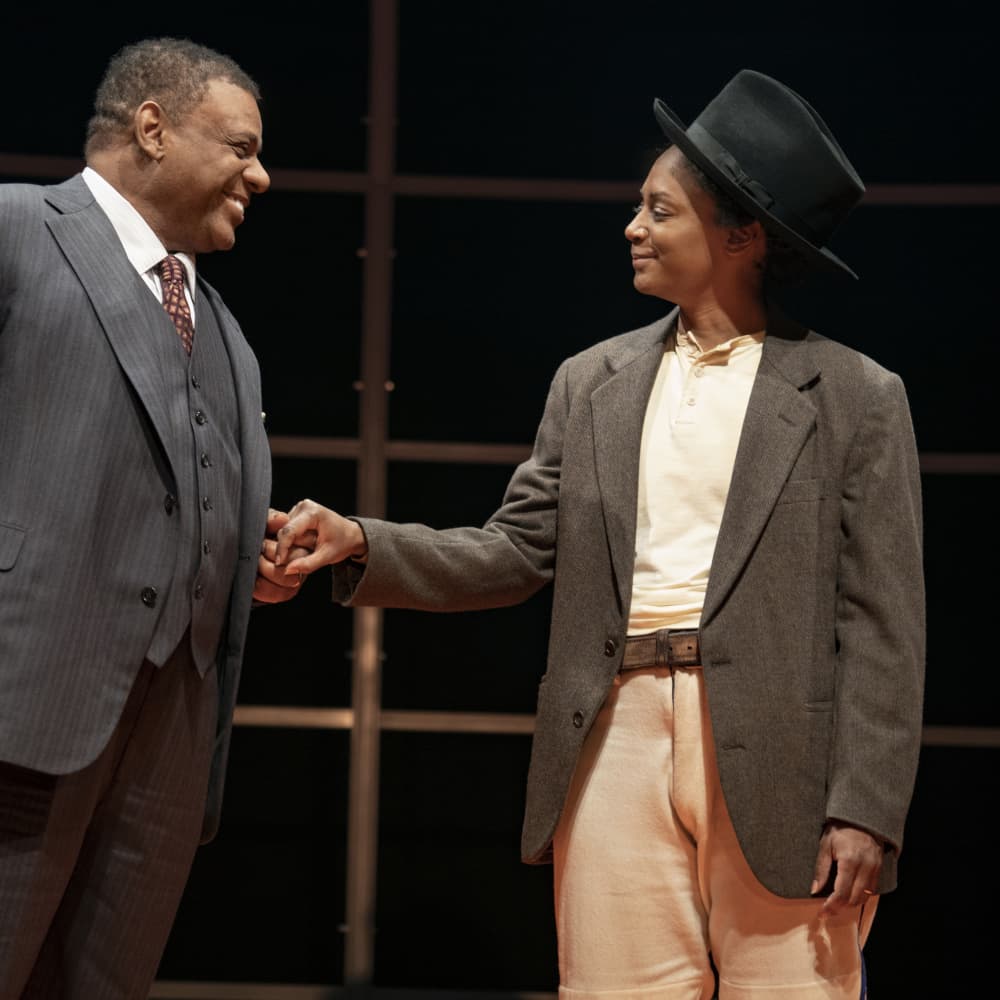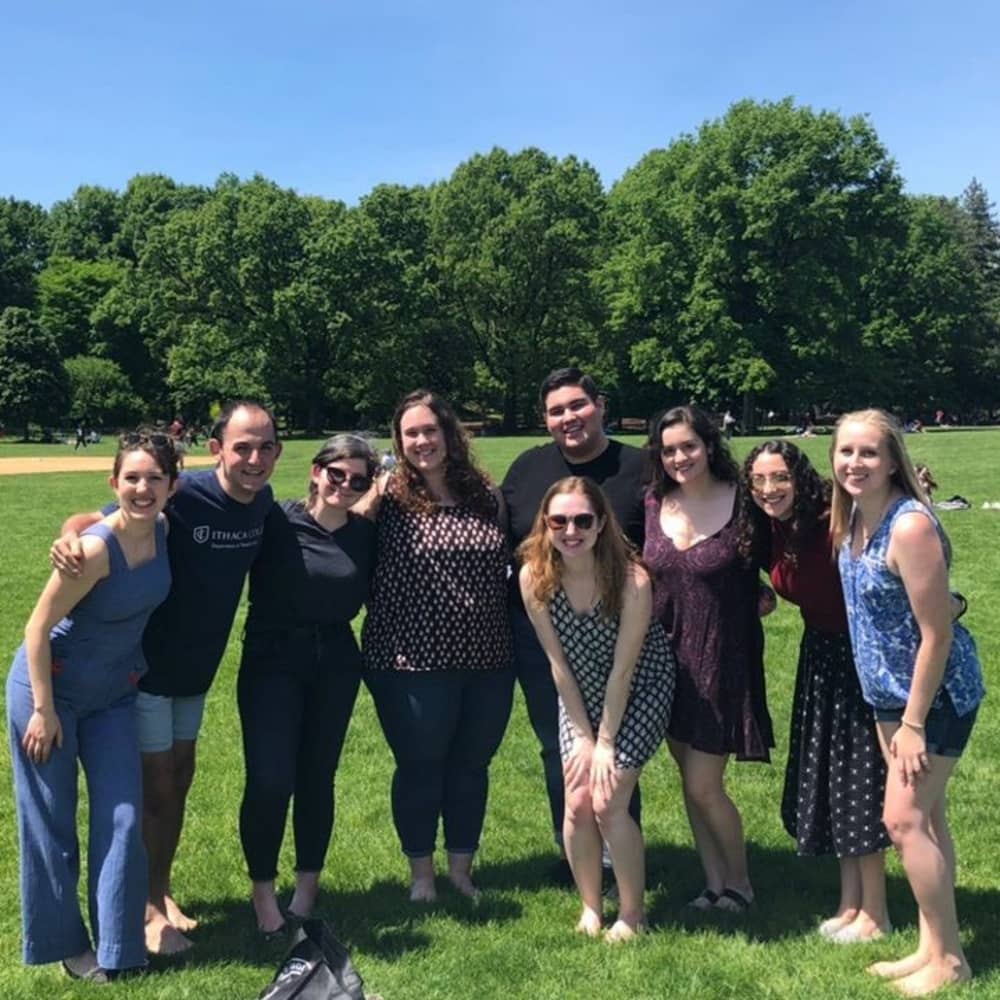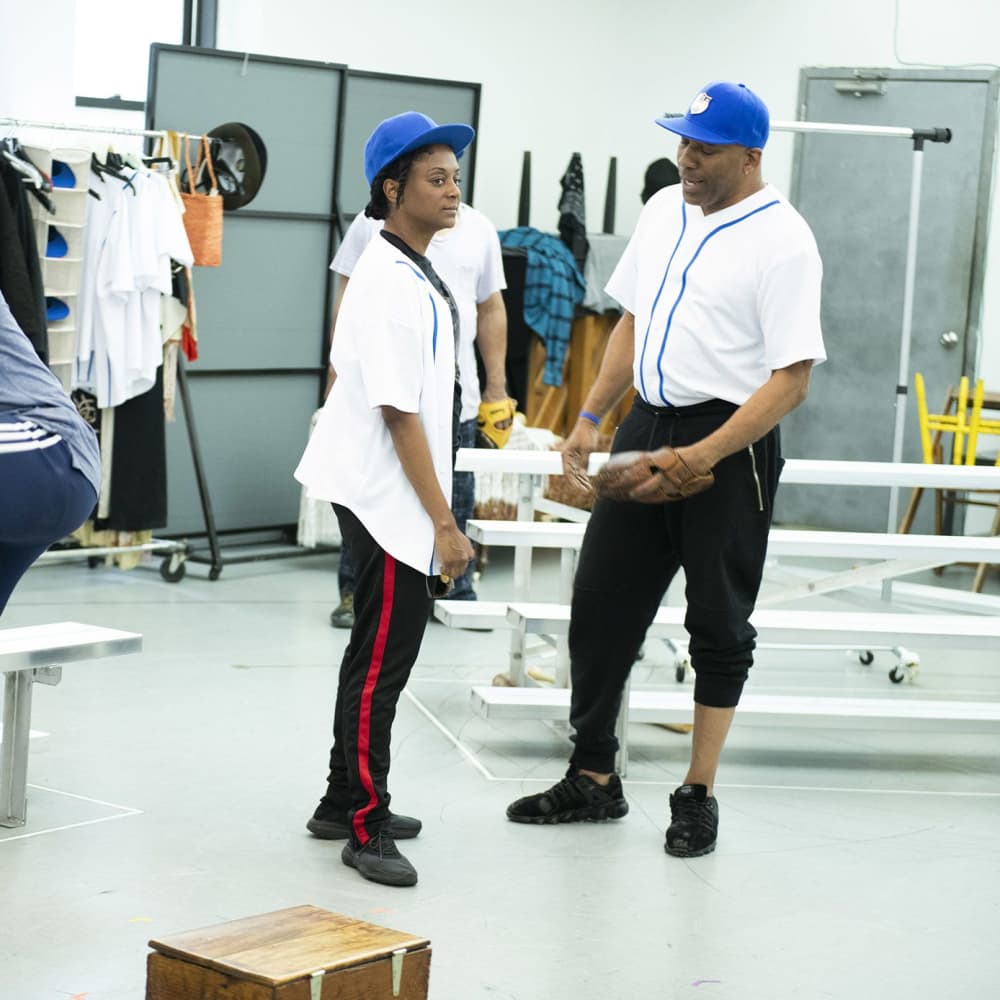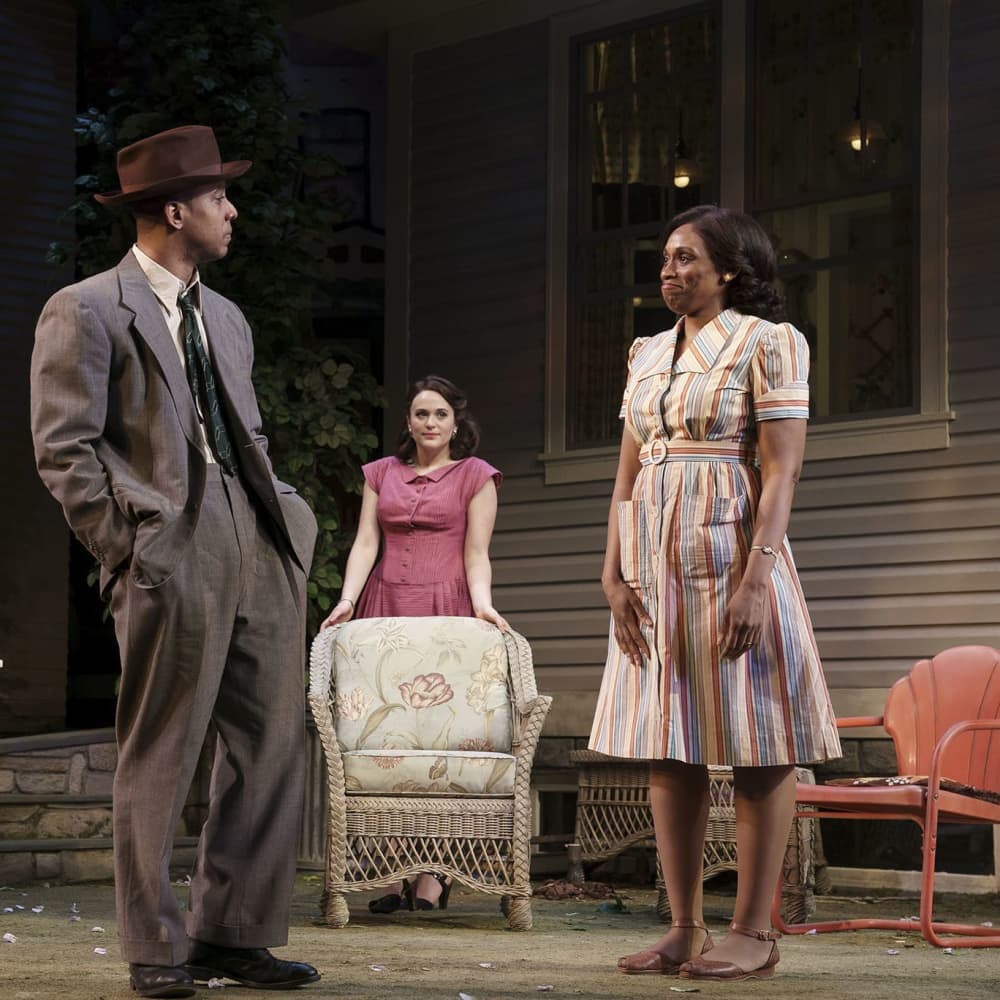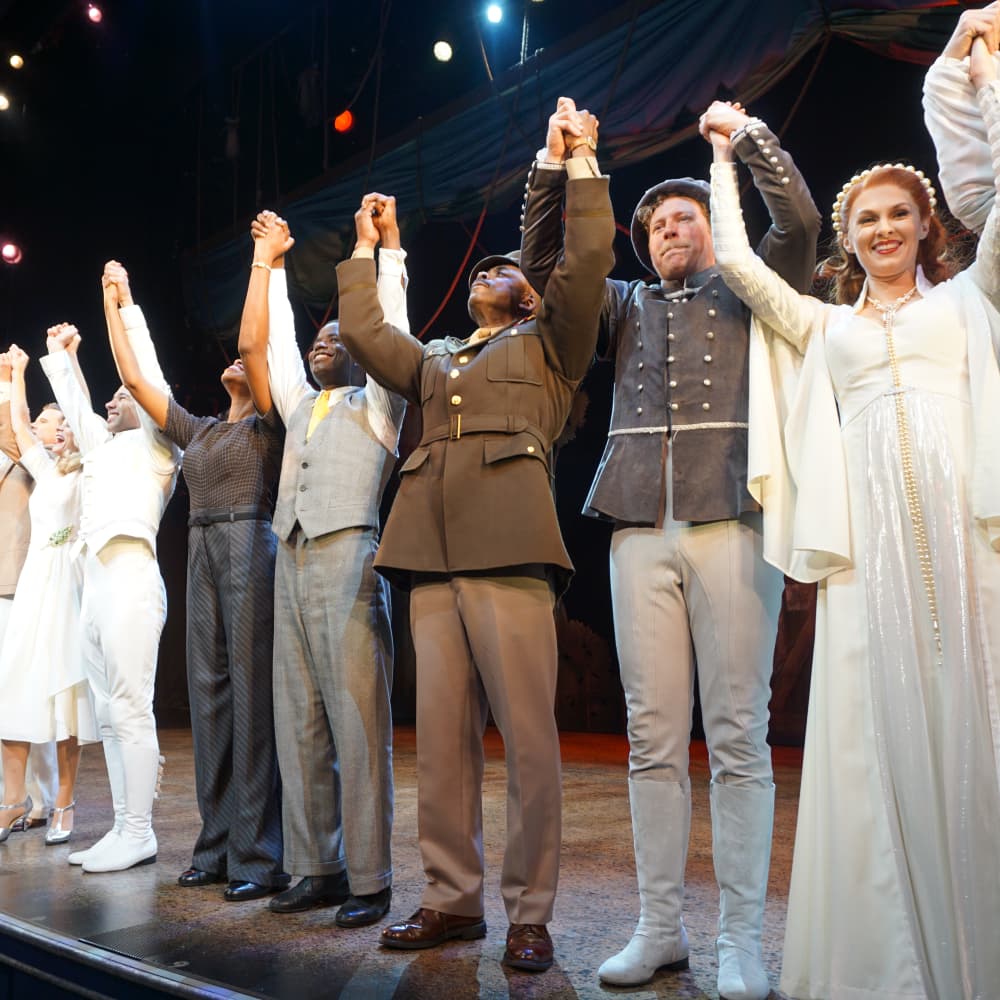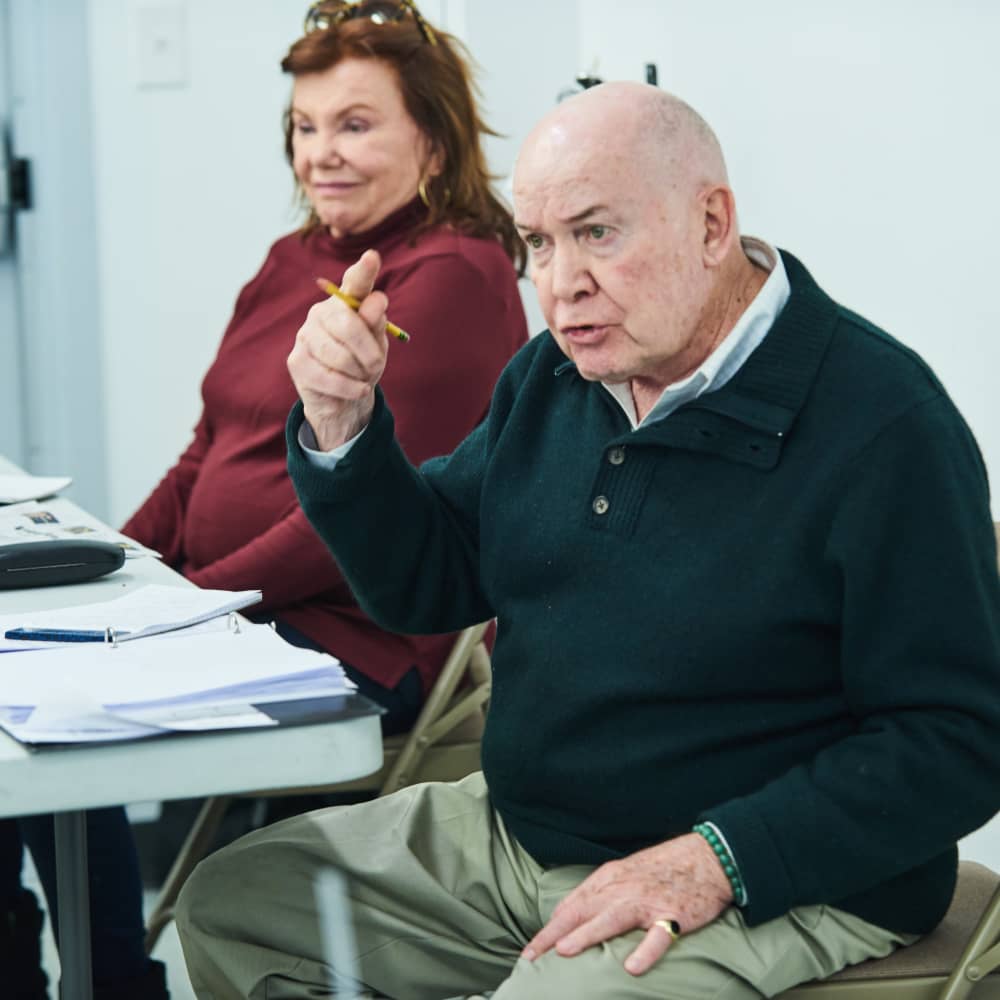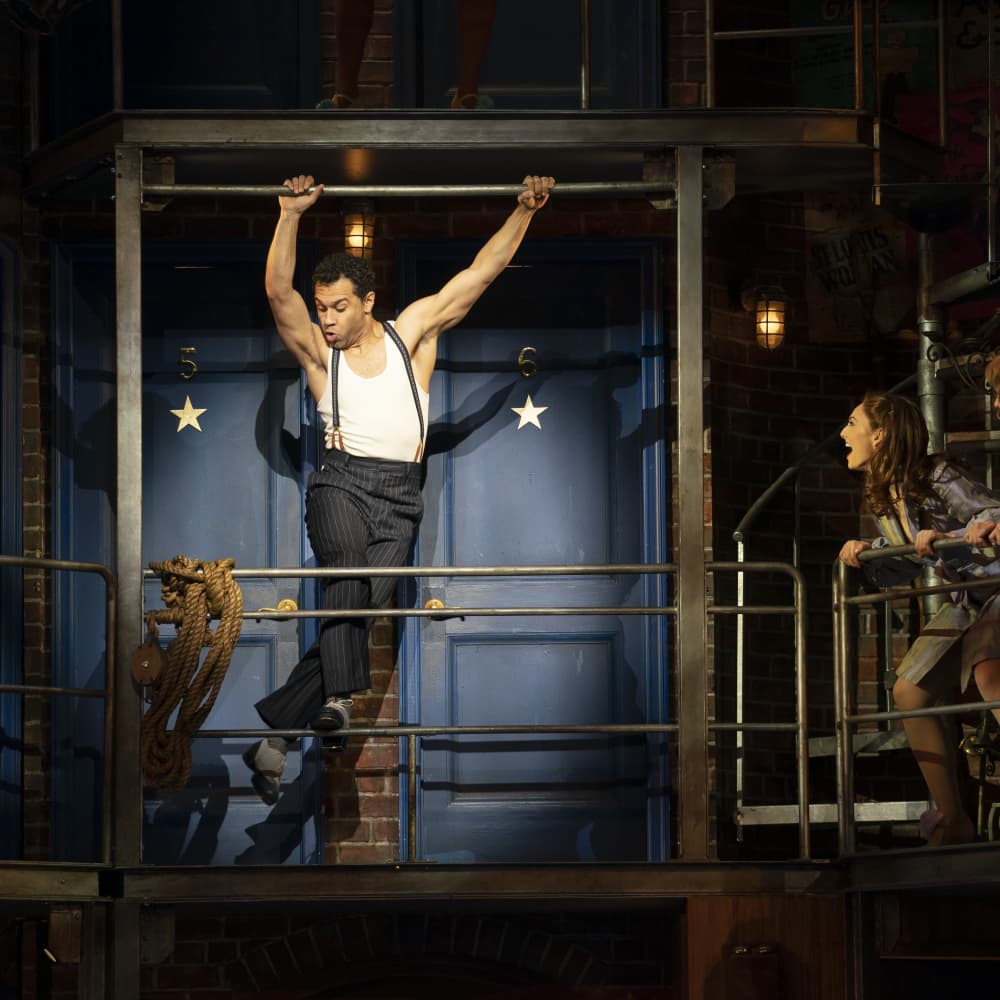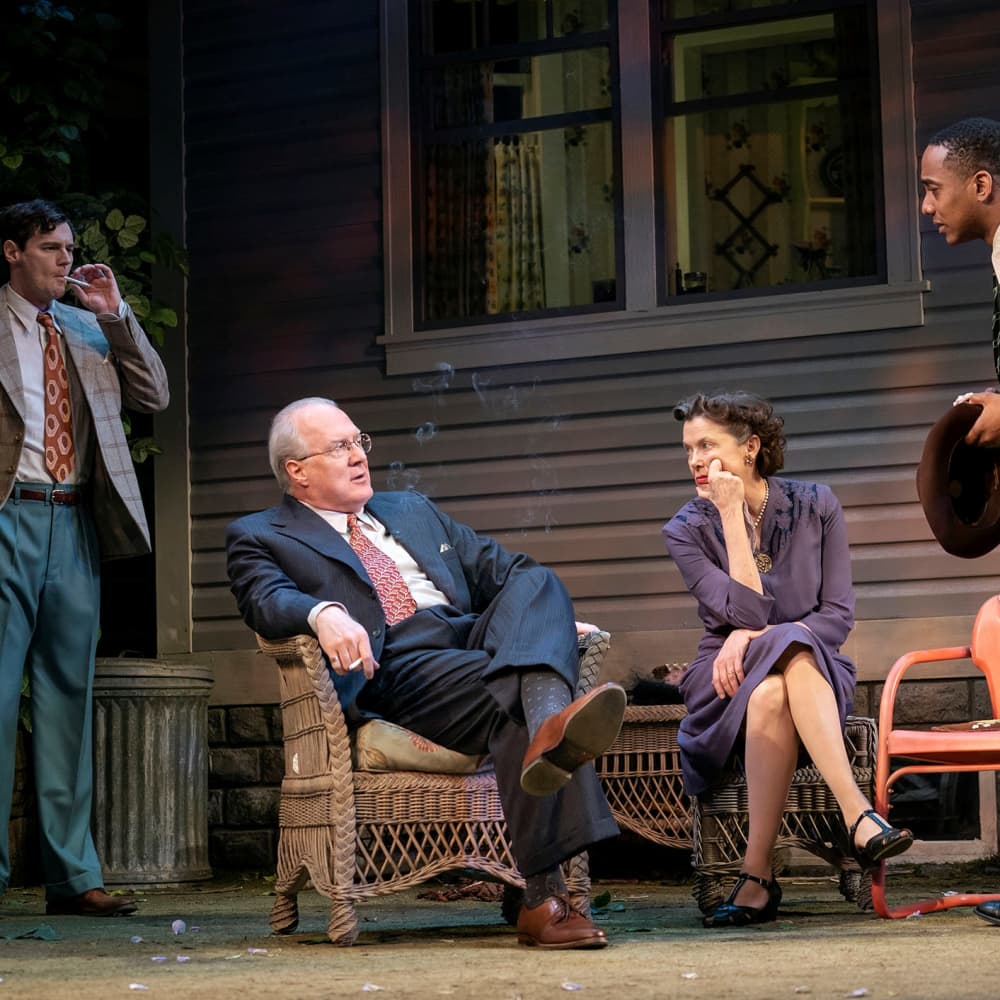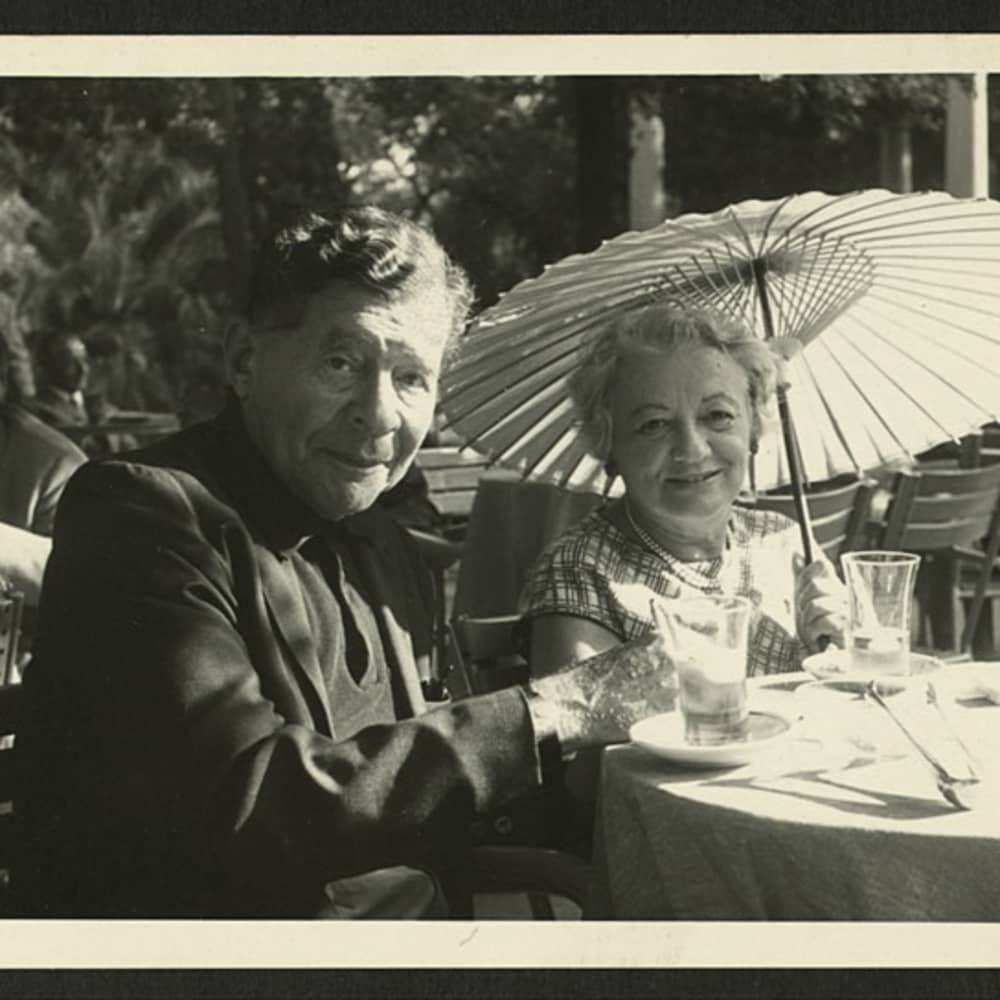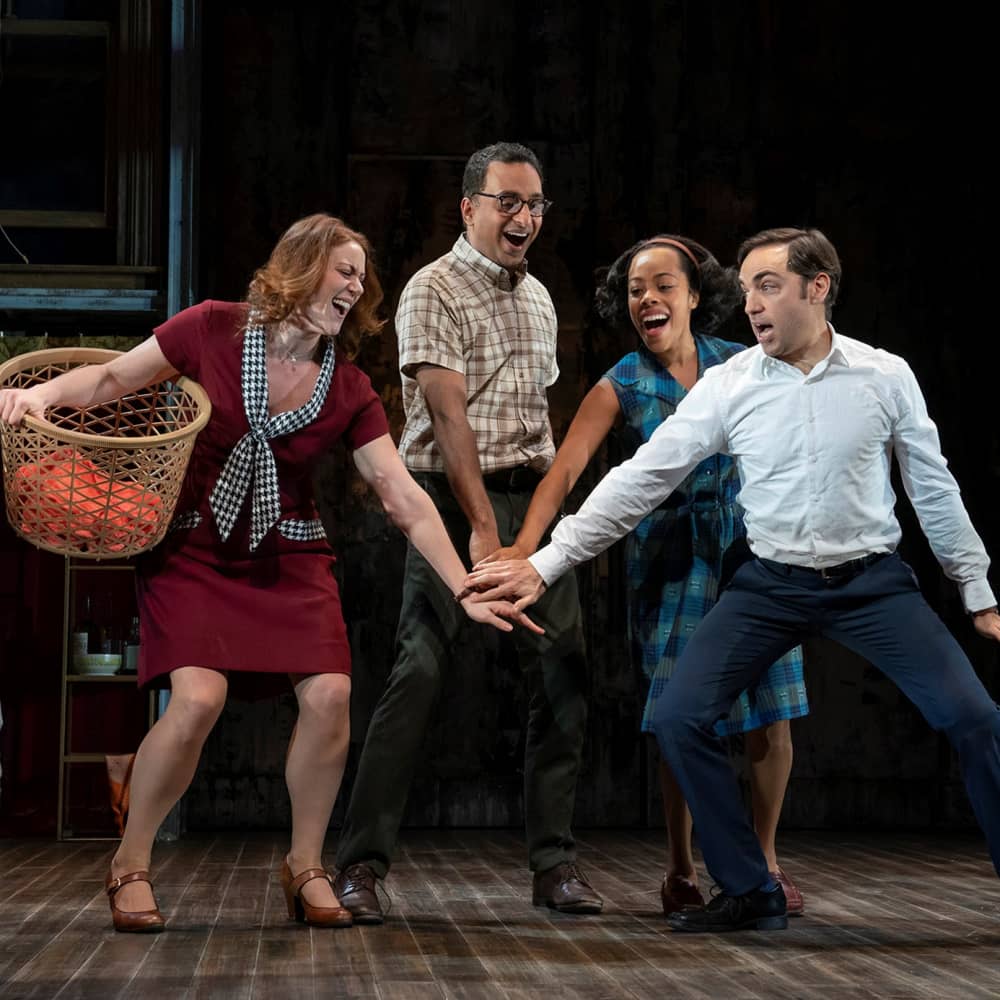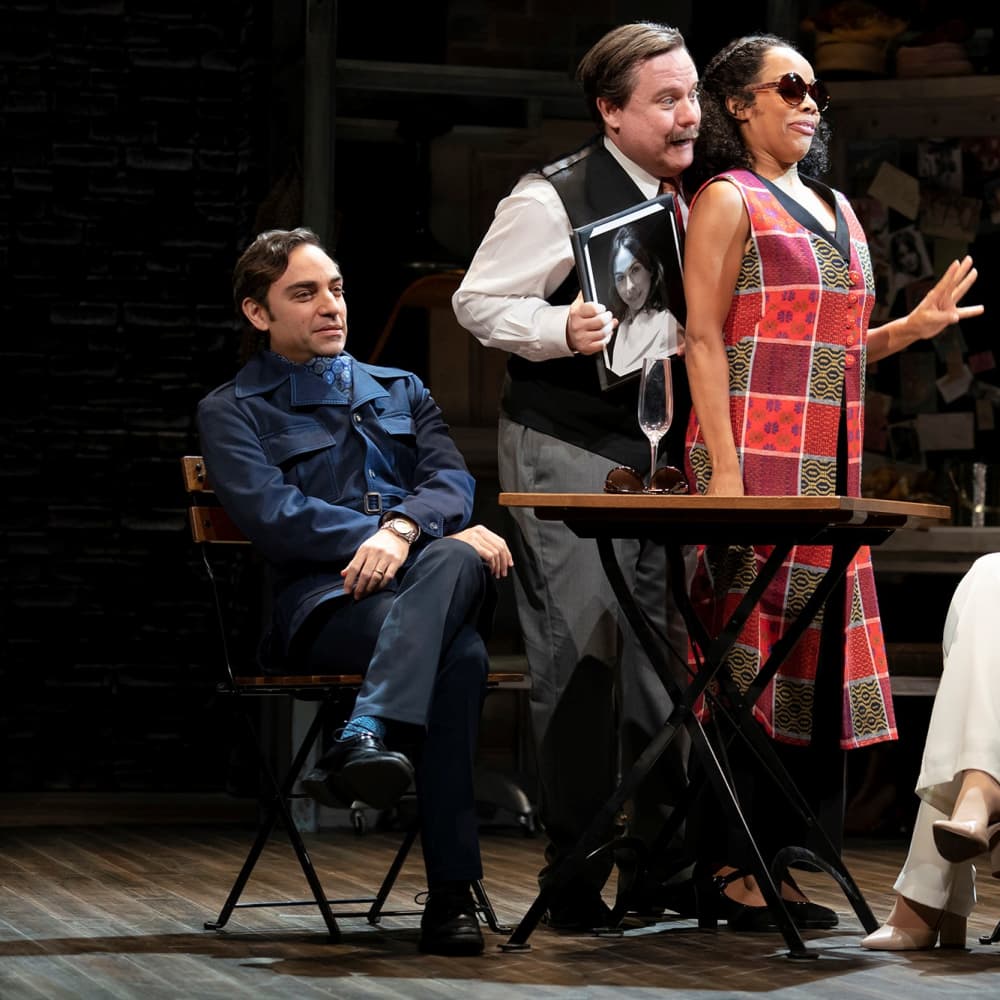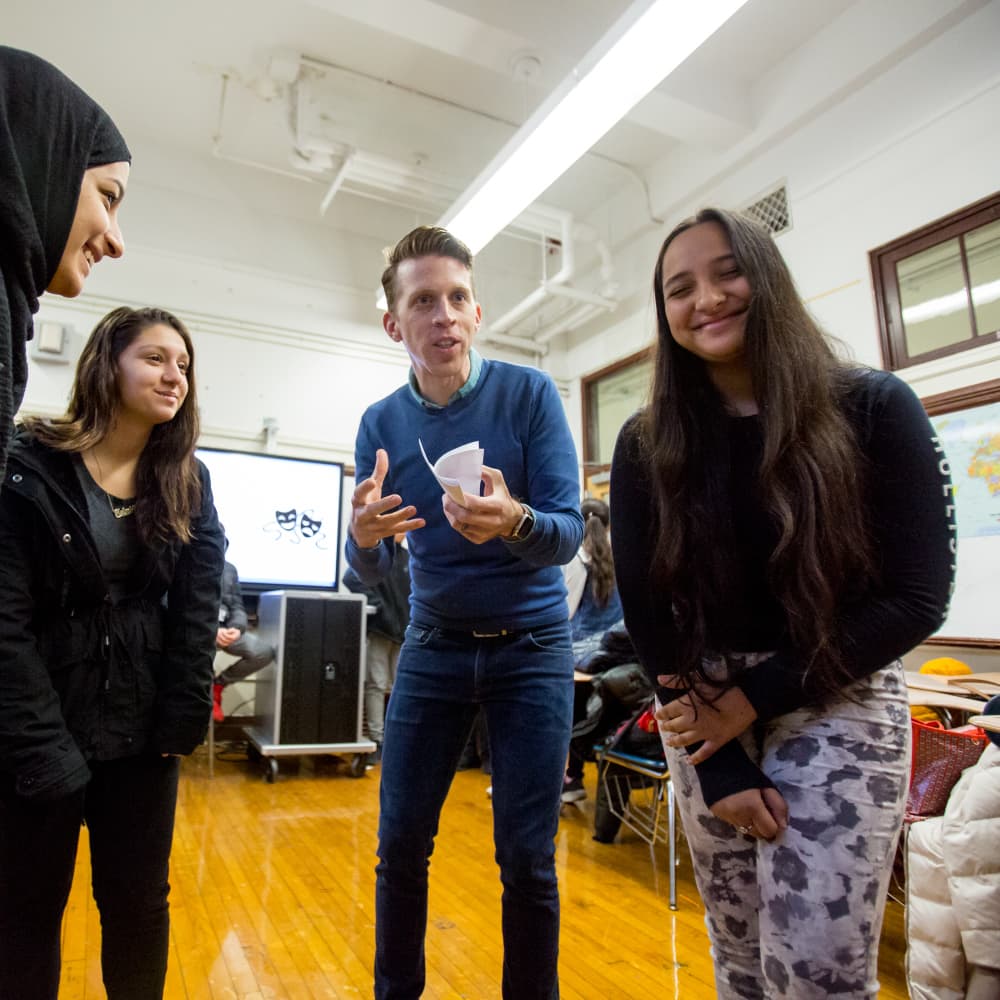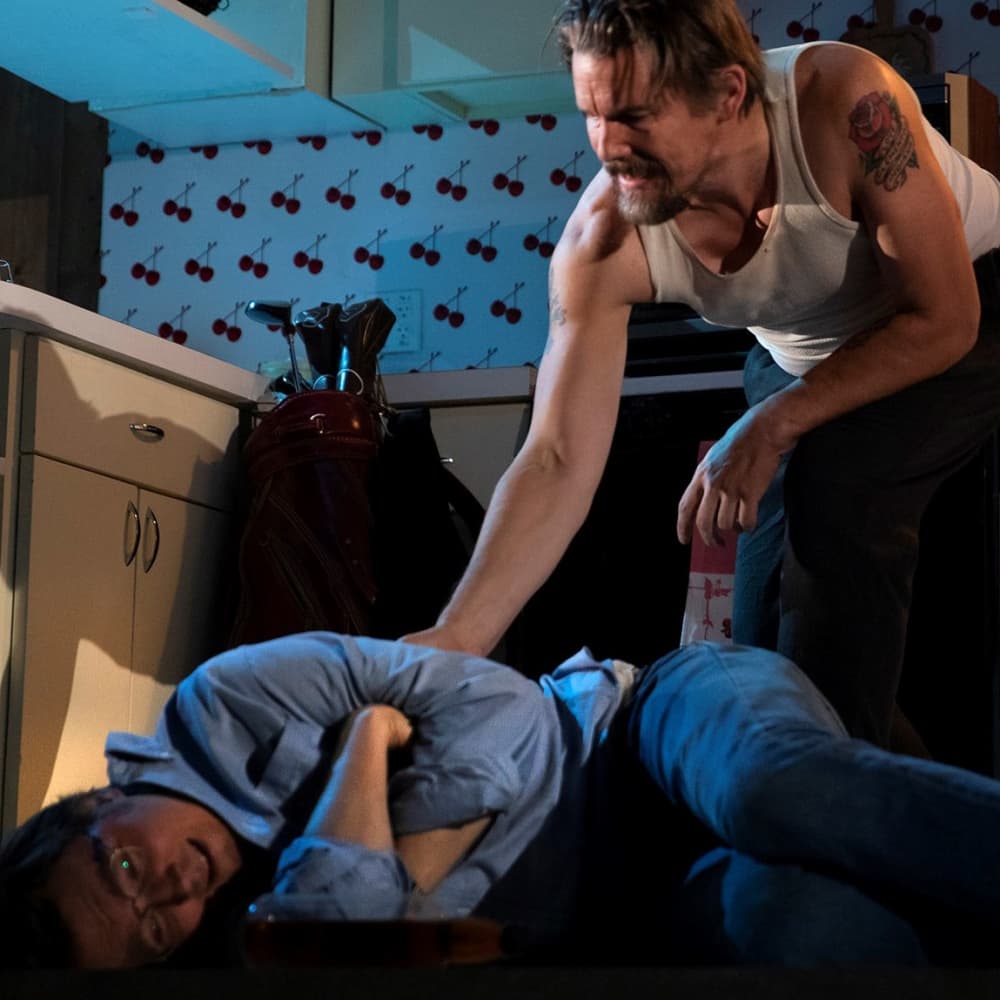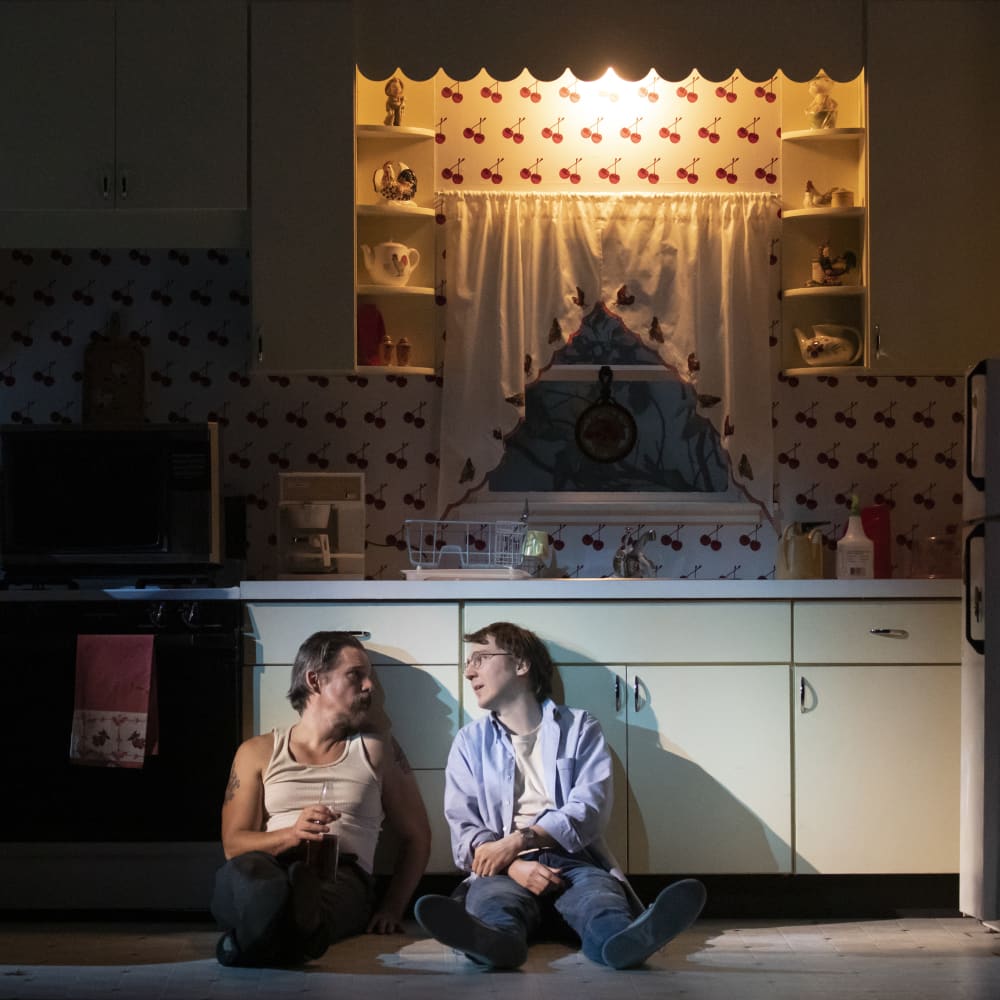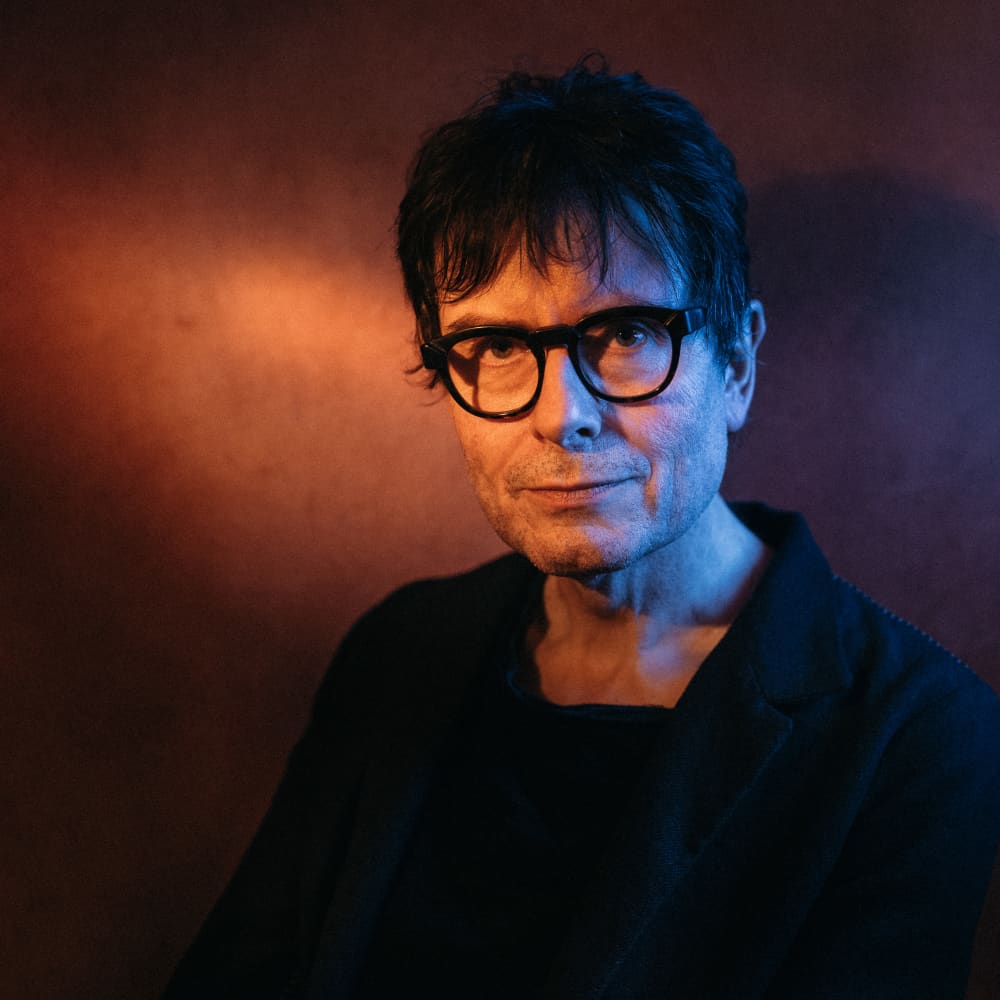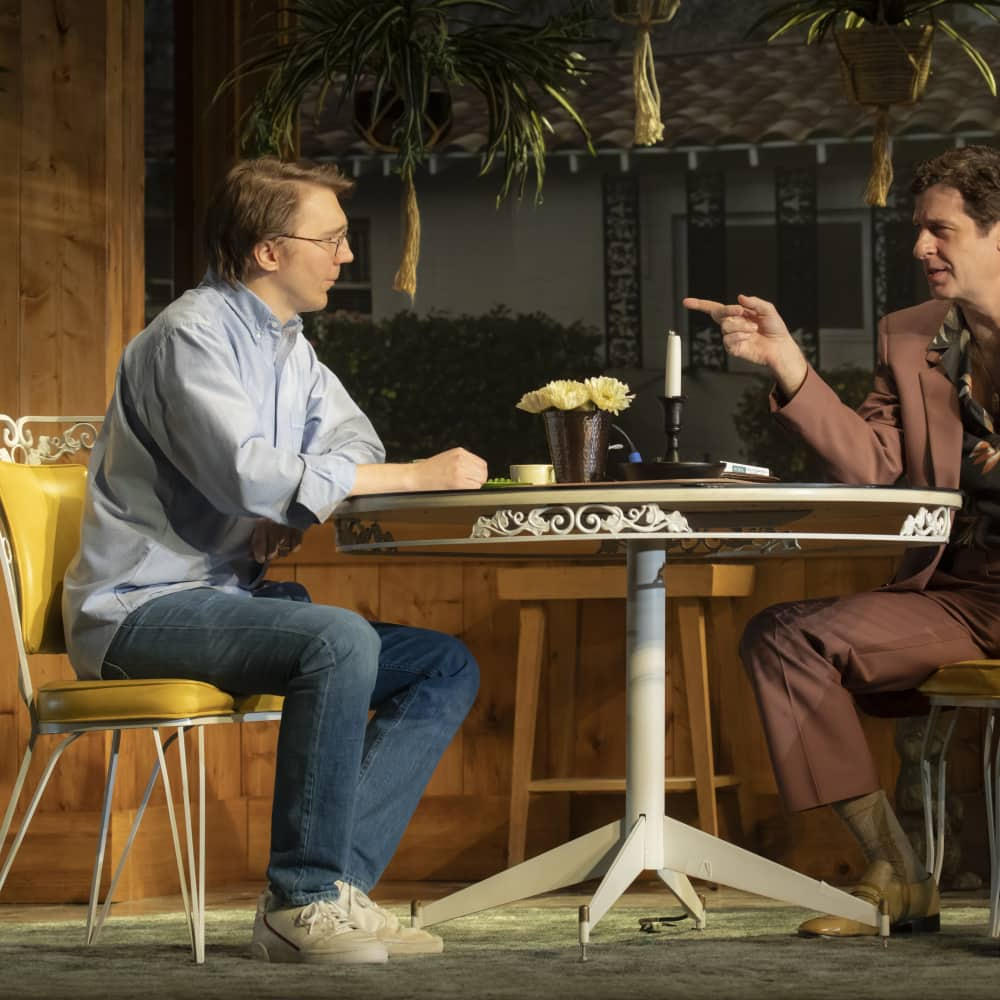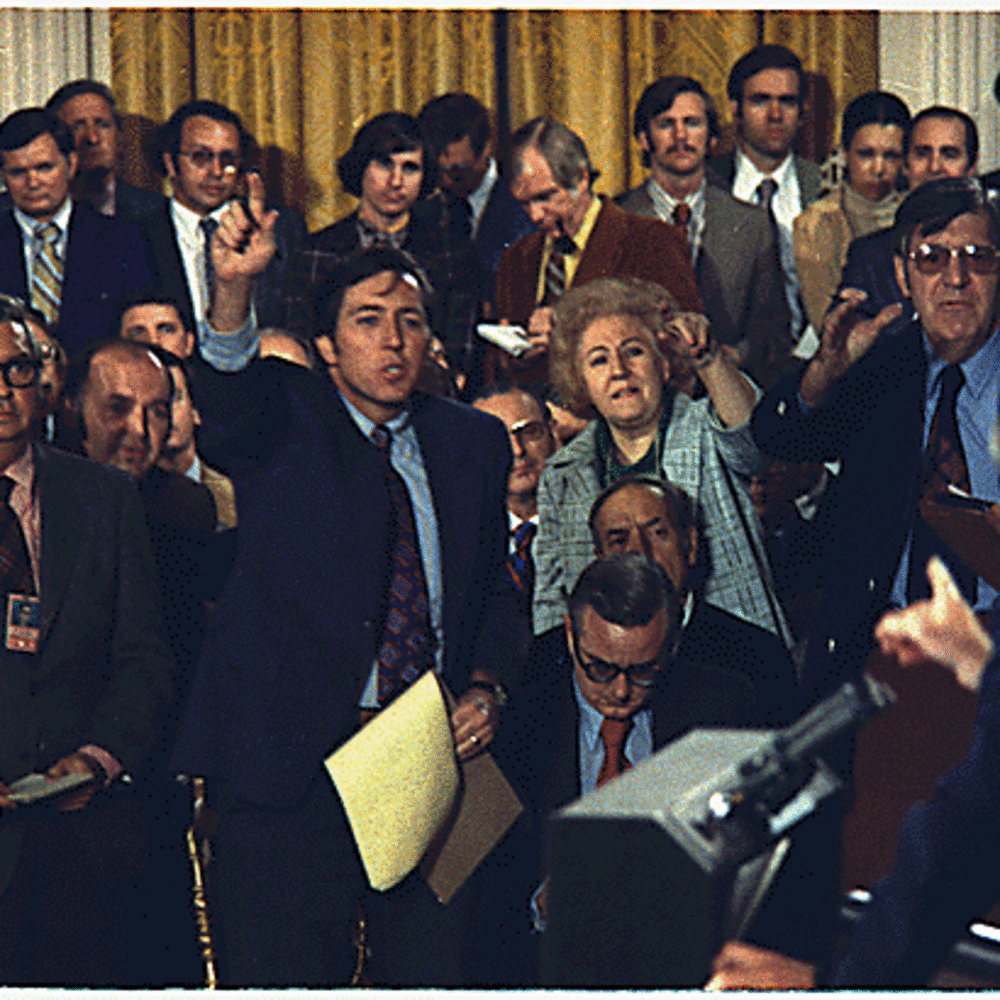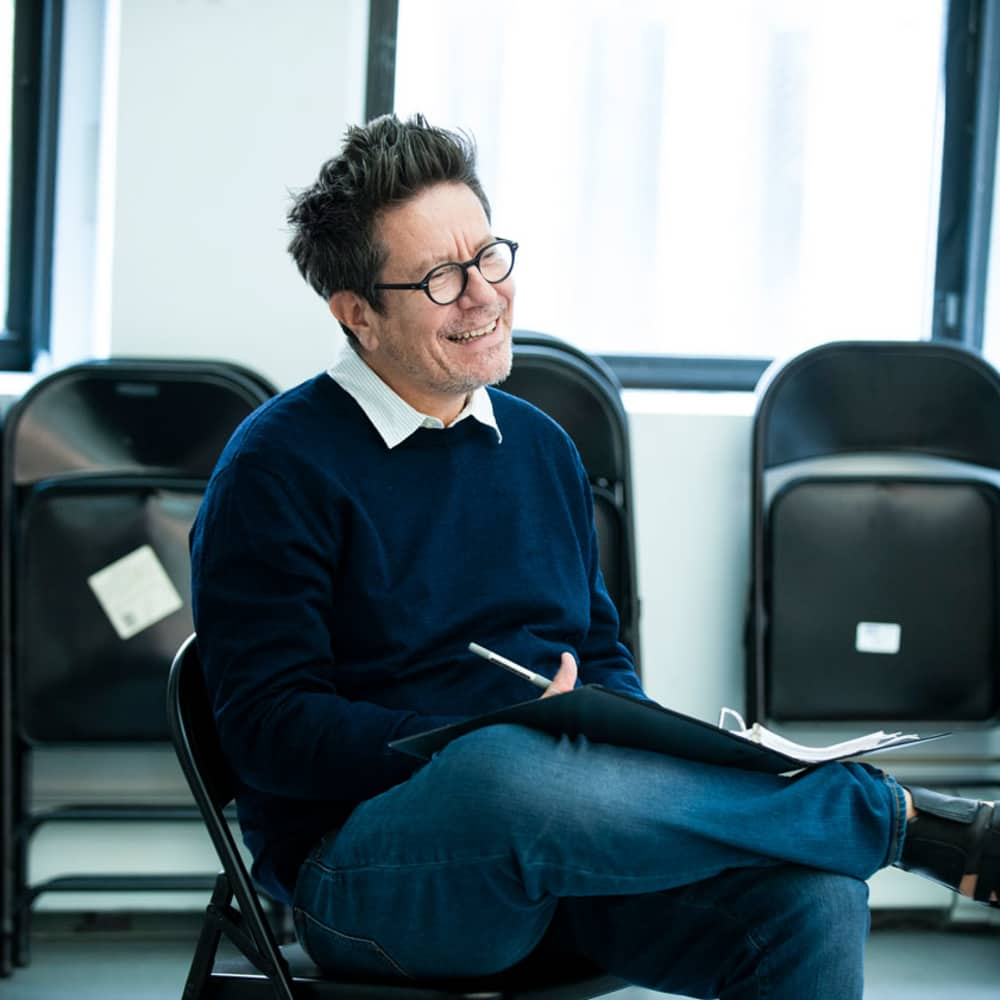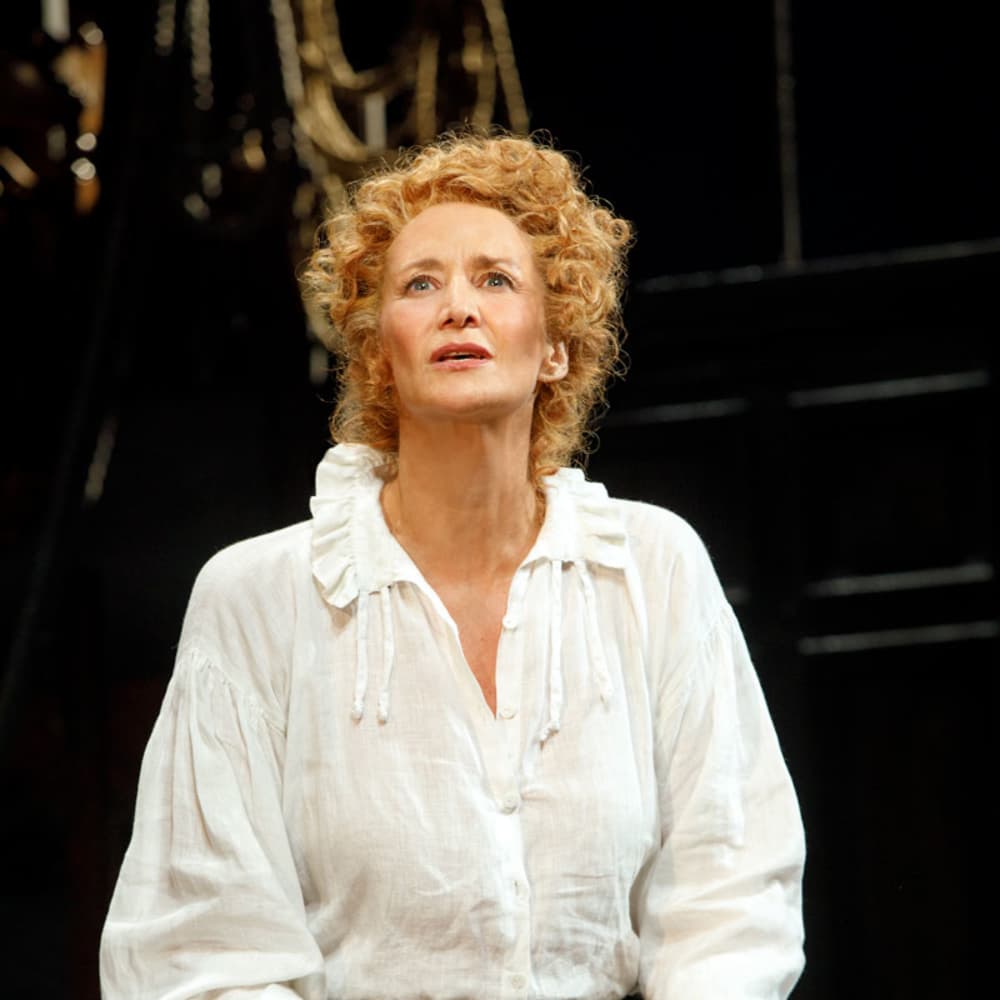Apologia:
A Conversation with Stockard Channing
Posted on: October 19, 2018
Education Dramaturg Ted Sod spoke with actor Stockard Channing about her work on Apologia.
Ted Sod: Why did you choose to play the role of Kristin in Alexi Kaye Campbell’s play, Apologia? Is it challenging remounting a play with new people when you’ve done it before?
Stockard Channing: It’s really quite simple: I read the play, I thought it was terrific and that it was a wonderful turn. Todd Haimes came and saw the play in London. It might’ve been our last performance, I don't know, and he fell in love with it. There was no way we could bring the original production or director to New York, so this is a different cast and a different director.
This is not the first time that I’ve done this sort of thing. I did this before, you know, with John Guare’s Six Degrees of Separation. I went to London and did it in the West End after the New York premiere, and it was a massive hit. I had to start fresh there, and then I did the film version with all new people. It’s a very interesting enterprise. Daniel Aukin, the director for the NYC production, Alexi, the playwright, and I are starting to get to know each other, and so far, so good.
TS: Did you have to reach to find Kristin’s political self or is that something you immediately understood?
SC: I must tell you that my approach to these things is extremely empirical. I avoid doing any of that until I get with my fellow actors in a rehearsal hall. It’s an interesting piece in that everything takes place in the moment in real time, but it’s all about what happened 30 years ago. And that’s something that is easily overlooked when you’re on the stage. Playing this woman, the most amazing thing I found is that the whole issue of parenting is fraught with people’s emotions. In many ways, this is a memory play. This is about the memory of something that happened years ago and the ramifications of that event. Kristin was forced to make a very difficult decision, and the consequences of that decision were and still are beyond her control. That’s what I have found to be most poignant about this character.
TS: I'm curious about the fact that Kristin is a respected art historian. Is the art world something you feel a natural affinity to, or did you have to do some research on that?
SC: I have a lot of friends who are painters, but it’s not germane to this—basically Kristin found her passion. I was more interested in the chronology of events. I remember the first days of rehearsal in London, I said, “Wait a minute, when did she have these kids? How old are we all now? When did she get divorced?” So, we spent time laying it all out.
TS: Will you share some of that chronology or history you’ve discovered about Kristin?
SC: She was a young woman who grew up in Connecticut. She had a rebellious streak, and after college, she bolted. She went to London. She fell in with a wild bunch. There was lots of protesting and free love. Those were the days. They were fabulous, but they have unfortunately yielded some negative consequences as well. In Kristin’s case, she fell in love with a guy who was dashing—that’s what she says about him. It was probably a bad match, but they had these two boys who she adored. She started working at her passion, which was art. Kristin was a victim, because that husband of hers did what he did. And she was powerless on many levels. I don’t think Kristin’s ex was the nicest guy, but she fell in love with him. No one gets married to get divorced. There’s a point when a couple is splitting up, where you still think, he’s the person I fell in love with! She certainly never thought that he would poison their sons against her. She went to Florence after the divorce. This is the important thing. She had custody of those boys and she took them to Florence and her ex stole them. Literally, physically stole them. And then, after the ex-husband dies at some point, I'm not sure when, she moves back to England and she sees her sons on a regular basis. By this time, they’re grown children and, of course, she has her opinions about what they are doing with their lives, as many parents do about their children.
TS: One of the ideas I took away from reading this play is that some women were and still are vilified for having a career, especially if they are perceived as having prioritized that career over being a mother.
SC: When I was in London and I was doing press for the play, I had to say over and over again that I remember what it was like before. I was raised in the time before women’s liberation. And that’s so important because I know what we were liberated from. It’s a very different world we live in now. And, in my day, it really wasn’t about anger—it was about charity and equal rights. But that’s not the point of this play. This play is about Kristin’s self-determination. When I was a young woman, you had to take full responsibility for your actions. And it was an absolutely delicious prospect. It was unbelievably heavy, and it happened to a large degree for those of us who chose to take advantage of it. Kristin’s not an angel, but she is honest and she took responsibility for the choices she made. I respect that about her enormously.
TS: I think what you’re talking about is Kristin’s integrity. There’s an integrity to her that I don’t find many people opting for anymore.
SC: Absolutely.
TS: I want to ask you about Kristin’s relationship to her sons’ significant others, Trudi and Claire. What do you think is going on there?
SC: Her relationship with Trudi evolves—she thinks there’s potential for something in Trudi. She respects that Trudi’s not full of shit. At the end of the play, Trudi does emerge as a moral center. Her relationship with Claire, on the other hand, is fraught. First of all, she doesn’t approve of her. She feels that she’s done bad things to her son. She senses a certain kind of phoniness in her that, in her mind, makes Claire a bit of a social climber. But let’s face it, I wouldn’t want Kristin as a mother-in-law—would you?
TS: Kristin’s in a platonic relationship with a gay man named Hugh. John (Joey) Tillinger is playing that role—which is marvelous because I don't know him as an actor at all, only as a director.
SC: I believe the last time Joey was on the stage in New York was when we were acting together in Joe Egg. And we’ve been friends ever since. I think Hugh and Kristin are old, old friends. And he became friends with her when they were in the movement together. They’re about the same age and they come from a certain way of thinking—they take balancing freedom and responsibility very seriously.
TS: They’re companions on some level, wouldn’t you say?
SC: I have a similar relationship with my oldest, closest friend. We’ve been in each other’s lives since we were in our early 20s, and we lived together in apartments over the years, and this, that and the other. I certainly understand the nature of that relationship. Hugh and Kristin know and respect each other inside out.
TS: Are there any special traits that you look for from a director when you’re working?
SC: I don’t respond very well to nasty people. You know what I mean? I really respond to warmth, intelligence—I don’t like being manipulated. As I said, I'm an empirical actress. I like when we discover things in rehearsal together—that’s really the energy that I most enjoy in a rehearsal room. I’ve been pretty lucky most of the time.

